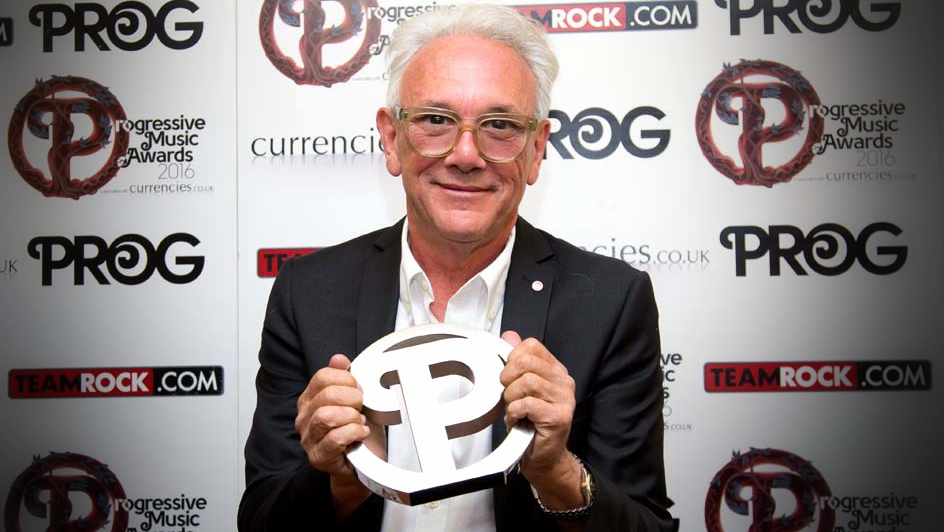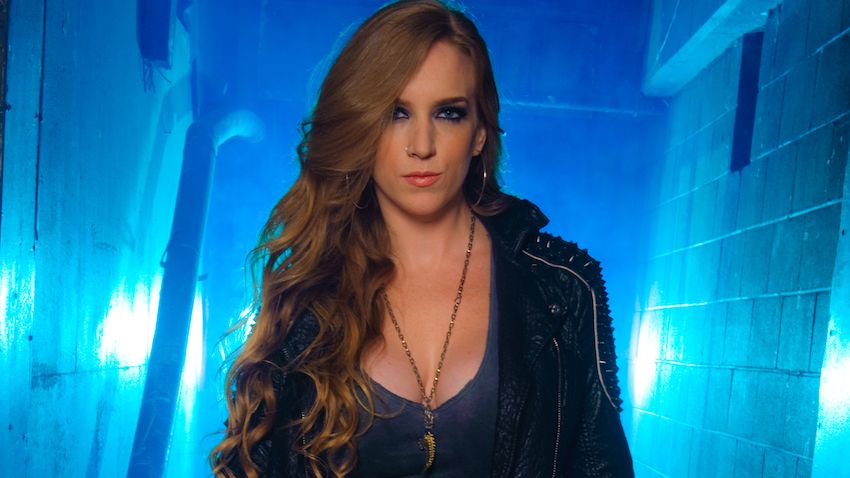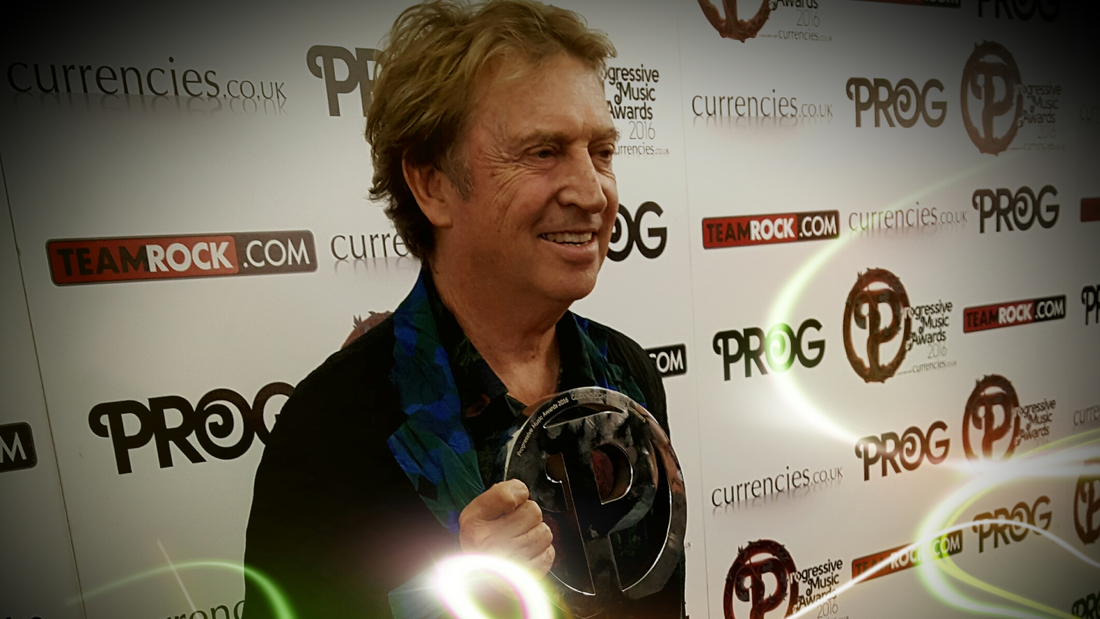In the past decade, the means of production for music have been cheapened by technology. While it is now easier than ever for aspiring artists to make their own music, it is also easier than ever to steal someone else's work and claim it as your own. Intellectual property laws are largely ineffective because people often don't know that they're stealing from an artist until after a song has already become a hit. Developing your own music is the best way to set yourself apart from other DJs and artists. It’s also of immense importance that as the recording artists, you get to own your master recordings.
Why owning your masters is important
Master recordings are the original versions of songs that are recorded in a studio. They are recorded by professional musicians and sound engineers with high-quality equipment. Many people believe that master recordings do not need to be protected, but this is false. Master recordings can actually help you protect your music rights and ensure that you receive credit for your creations. All too often, musicians are under the impression that they don't own their master recordings. They think that by signing with a major label or indie label, they have "sold" or "leased" their rights to the music. However, this is not true. The record labels typically only own the sound recording (the actual recording itself), but do not own any of your compositions like lyrics and melodies.
Negotiating your rights
Quite often as an artist, one’s concerns lie with making the music you love and hopefully making a living from your efforts. However, if you’re going to enter into an agreement with a label, it’s important that you have an understanding of the legalities of the documents you’re about to sign. Alternatively, if you can afford legal representation or even take along someone who has an understanding of owning shares in music distribution companies or matters of such a nature, then by all means do.
The devil’s in the details
If the label is prepared to fork out a massive advance plus a 5 year term during which a specific number of albums or tracks will be produced, then it’s imperative to find out what transpires at the end of those 5 years. For instance, will the rights revert to you or will they remain with the label? The biggest advantage of master recording ownership is a lifetime of copyright value; something which always trumps any upfront payment or advances. Plus, if you opt for ownership of your masters, you also have the rights to sell them down the line for a major payday, and the type of money you can make from such a sale is likely to upstage all those juicy contractual incentives such as tour support, marketing, and promoting. If you’re examining a contract, here some red flags to be aware of:
- A prolonged rights period (in other words, the period for which the record company will own the recordings)
- Options over future recordings (in other words, a record company could automatically be entitled to the rights of any future recordings you might make for paying you cash in advance)
- An “exclusive recording agreement” (in other words, each recording that you create within the duration of the agreement will be owned by the record company)
Keep a keen eye out for these red flags, have legal representation, or at least make inquires about your rights as an artist before entering into an agreement which could see you giving up your masters, and that’s what you don’t want.









